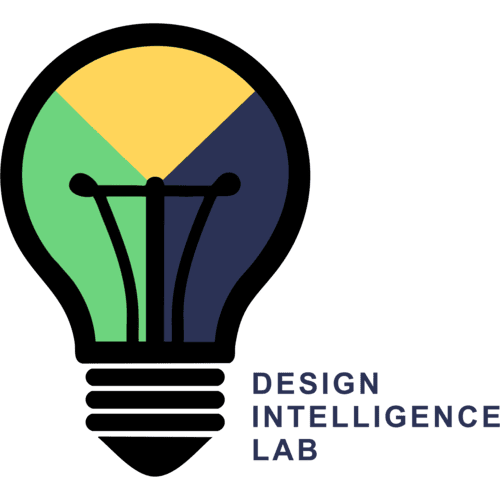Ashok Goel presented two posters at the First Conference on Advances in Cognitive Systems in Menlo Park, California. The first poster described Joshua Jones work on “Conceptual Semantics of Domain Knowledge in Learning by Correcting Mistakes,” and the second poster described Swaroop Vattam’s work on “Interactive Analogical Retrieval.” Ashok was also a member of the organizing committee of the conference.
Category Archives: News
Ashok, Swaroop and Russ complete the NSF I*Corps program
Ashok Goel, Swaroop Vattam and Russell Clark were selected to participate in the NSF I*Corps program in the Oct-Nov 2012 cohort at University of Michigan.
Paper accepted to Conference on Systems Engineering Research
David Joyner, David Majerich, and Ashok Goel have had a paper accepted to the 2013 conference on Systems Engineering Research, to be held at Georgia Tech in March. The paper presents an overview of the tools developed and tested during last year’s summer camp.
Ashok Goel gives talk at TEDxPeachtree
Professor Ashok K. Goel gave a talk at TEDxPeachtree: “Does Our Future Require Us to Go Back to Nature?” From TEDx: “Ashok Goel challenges well-worn notions of design and creativity and makes a powerful case for bio-inspired design wherein nature serves as the ultimate inspiration for design innovation and sustainability.”
Swaroop Vattam’s dissertation selected for CoC Dissertation Award
Swaroop Vattam’s dissertation was one among the
Summer camp run by DILab at Georgia Tech
Ph.D. student David Joyner and research scientist David Majerich, with the help of undergraduates Nicolas Papin and Cherish Weiler, have successfully run a summer camp testing the DILab-developed MILA and MeTA software. In all, 16 students participated in the camp at Georgia Tech, during which time they visited Lake Clara Meer at Piedmont Park, the Georgia Aquarium, and several labs around campus.
Swaroop Vattam completes his Ph.D. defense
Swaroop Vattam successfully defended his Ph.D. dissertation titled “Interactive Analogical Retrieval: Practice, Theory and Technology”. Congratulations, Swaroop!
Michael Helms presents at the Design Computing and Cognition conference
Michael Helms led off the conference talks with his presentation titled, “Analogical Problem Evolution in Biologically Inspired Design”.
Nicolas Papin graduates with a B.S. in computer science
Nicolas Papin graduated with a BS in CS. At DILab, Nicolas worked on the Systems Thinking project. In particular, he helped develop an interactive technology called MILA for helping middle school students learn about ecological systems. He joined Google in Los Angeles upon graduation. (Congratulations Nicolas. Way to go!)
Hmelo-Silver presents at Hawaii International Conference on Education
January 2011- Professor Cindy Hmelo-Silver presents a join Rutgers-Georgia Tech paper on “Foregrounding Behaviors and Functions to Promote Ecosystem Understanding” to the Ninth Hawaii International Conference on Education, Honolulu.
